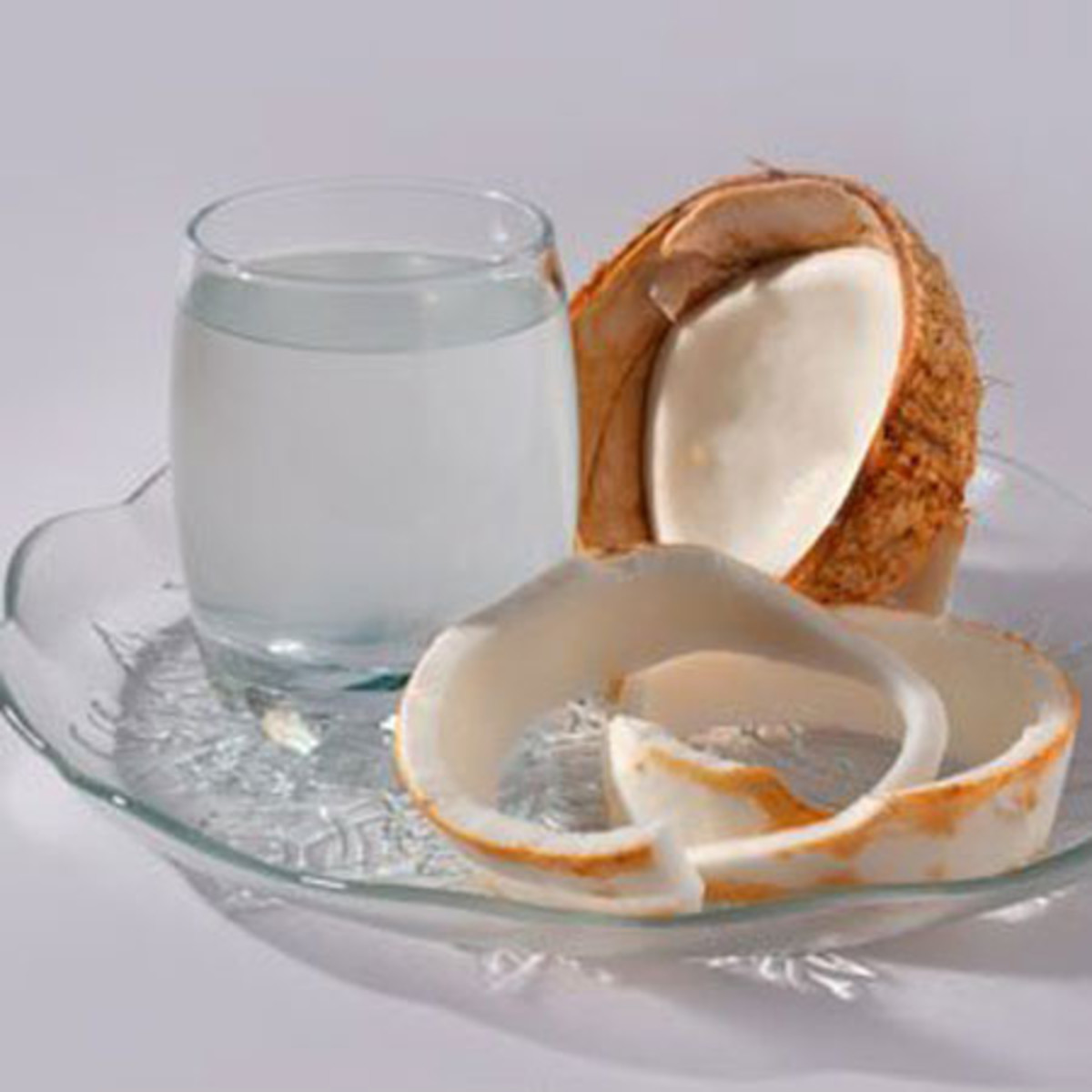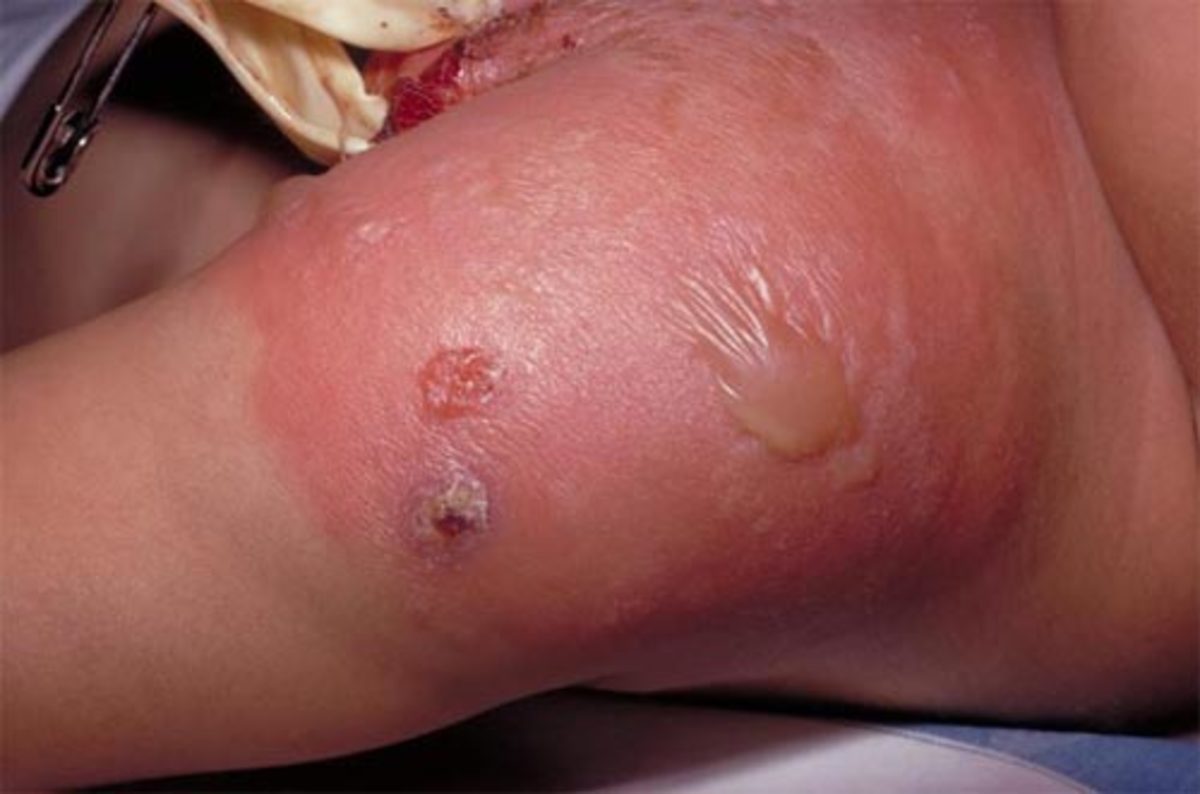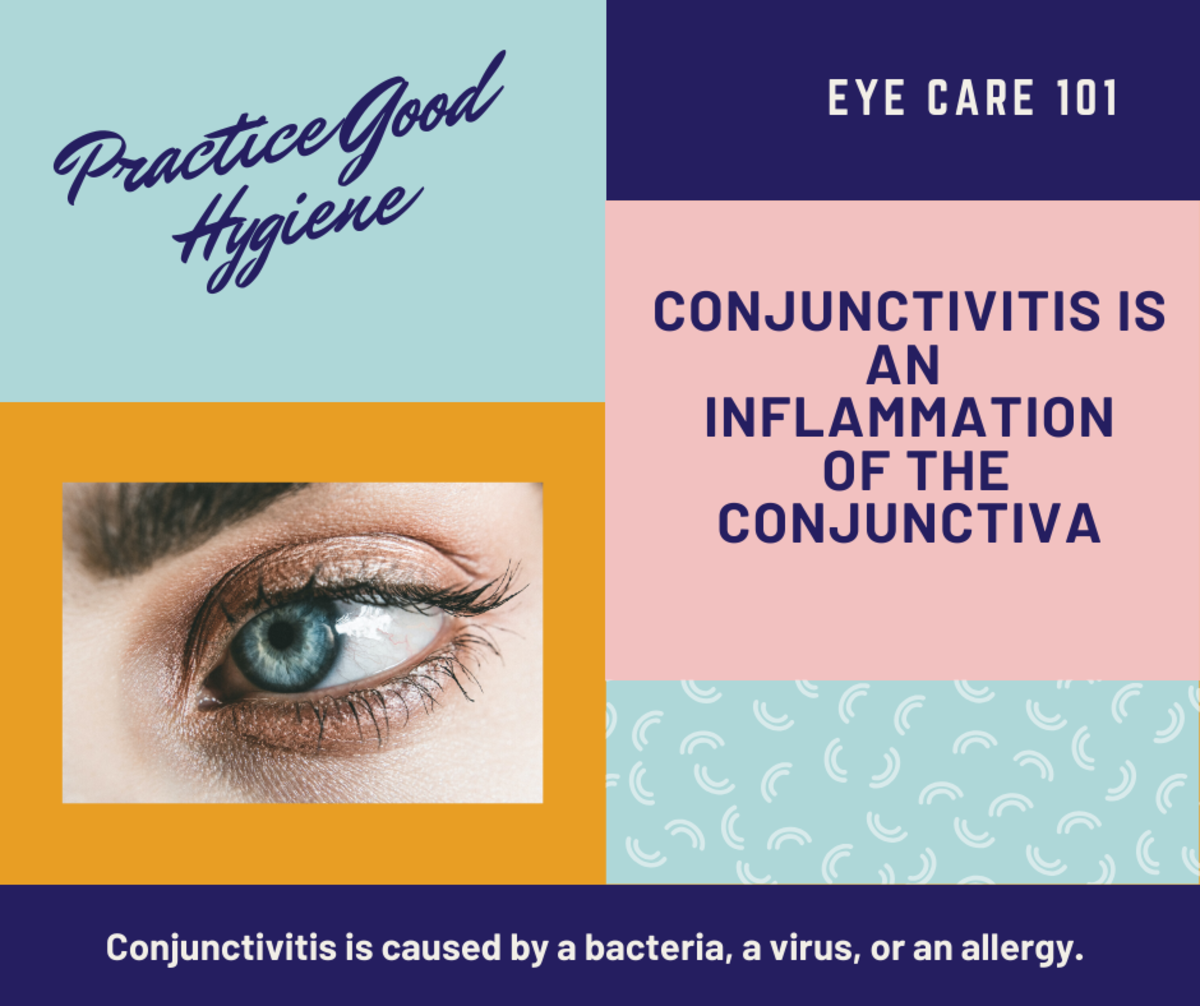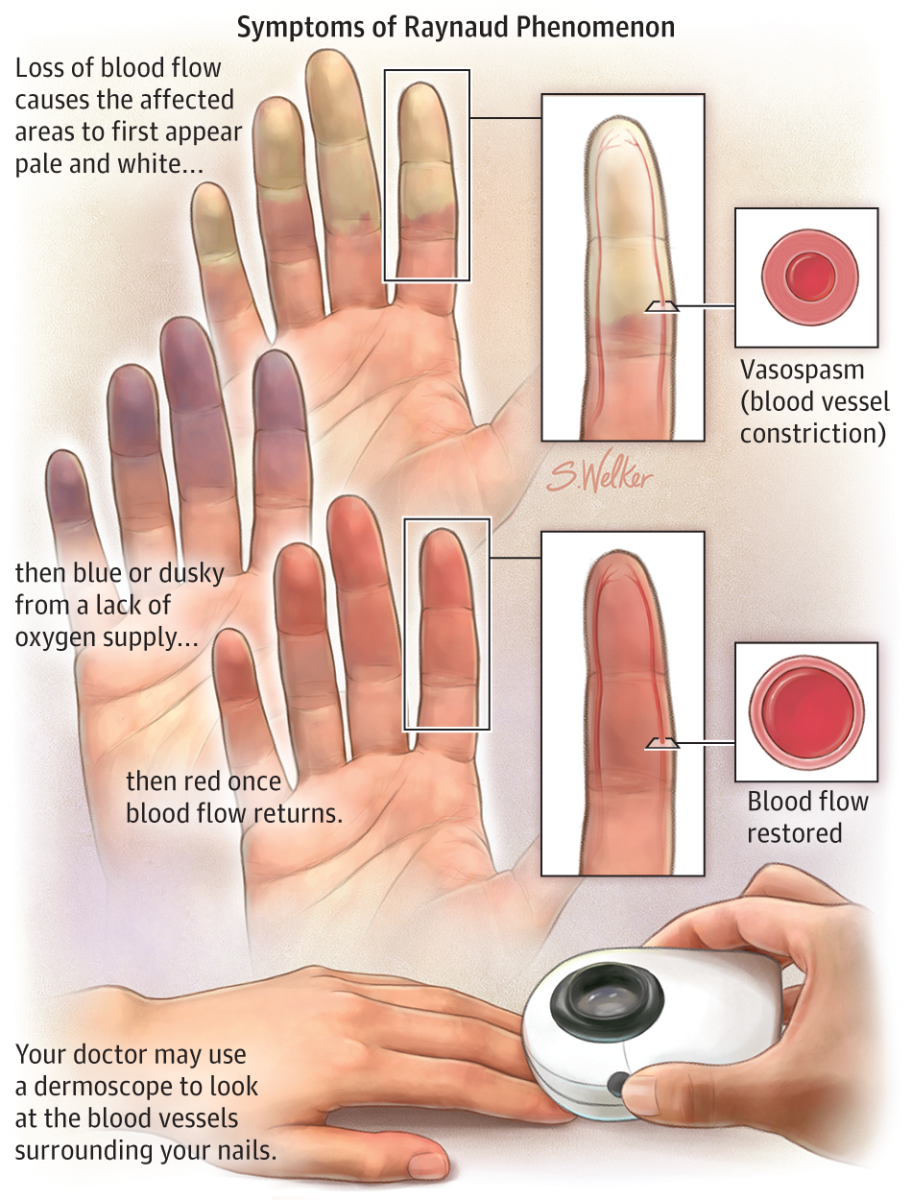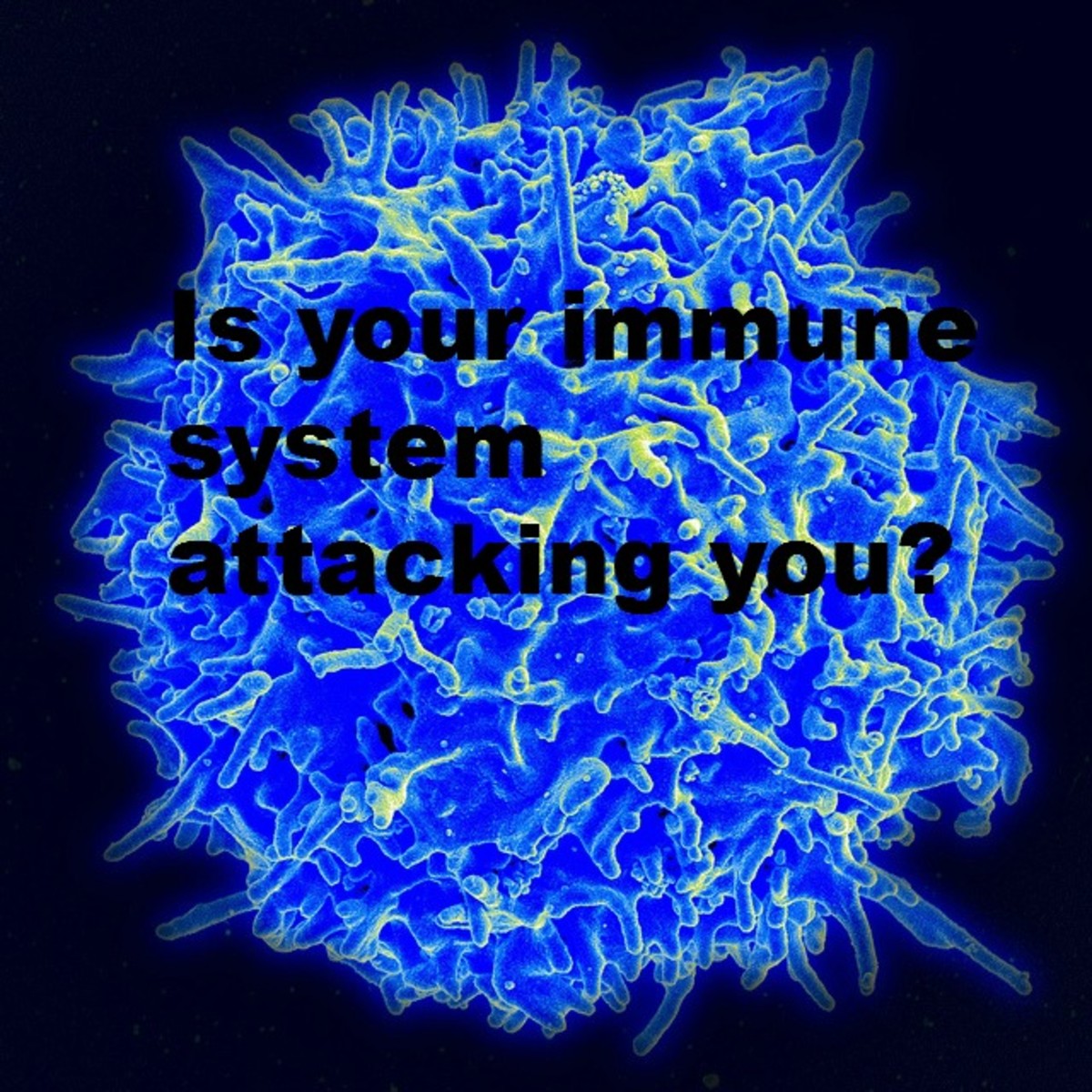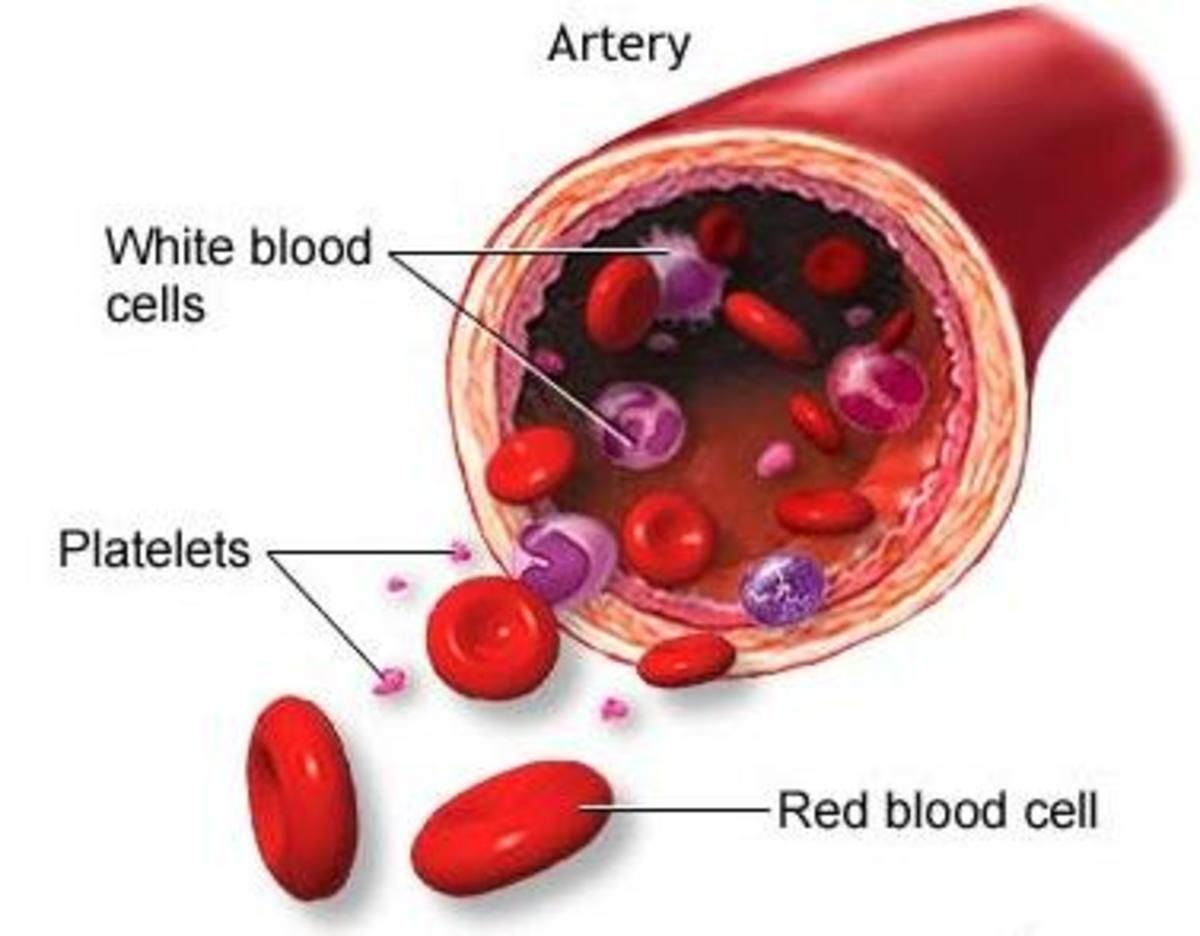Viral Gastroenteritis: Symptoms and Treatment
Our Kids' First Stomach Flu Experience
My 21-month old daughter was diagnosed to have acute viral gastroenteritis and recommended for immediate confinement for appropriate medical treatment. While in the hospital, we found out from home that our 3-year-old son was also exhibiting similar symptoms with his sister. All these happened a few days after the Christmas and New Year Holidays, the weather is colder and viral gastroenteritis outbreaks normally occur. Viral gastroenteritis, also known as ‘stomach flu’ is an inflammation of the stomach and intestines caused by a virus (not influenza) that result to bouts of vomiting and diarrhea. Many different viruses can cause gastroenteritis but rotavirus gastroenteritis is extremely common in children.
Papa Sez and I have never had viral gastroenteritis ourselves and our older kids too, so our knowledge of this disease is limited until we experienced it with our two younger kids. Things we learned about Viral Gastroenteritis and dehydration through our kids’ first experience are shared below.
Symptoms:
- Vomiting- often preceded by milk or meal intake
- Diarrhea- watery and yellowish stool
- Fever – not too high, temperature reaches around 38 degrees
- Stomach Ache- abdominal cramps and bloated tummy
- Other symptoms are also associated with dehydration - nausea, loss of appetite, lack of energy, headache
The most important consequence of these manifestations is dehydration such that the primary treatment for gastroenteritis is rehydration. Dehydration is said to commence if there is 1 % reduction in body weight due to fluid loss. The degree of dehydration is measured based on percentage of body weight reduction due to fluid loss plus other signs and symptoms exhibited by the person. This post has listed signs and symptoms of dehydration in children in different degrees.
The signs exhibited by our children indicate that they underwent mild to moderate dehydration.
Our Rehydration Buddy
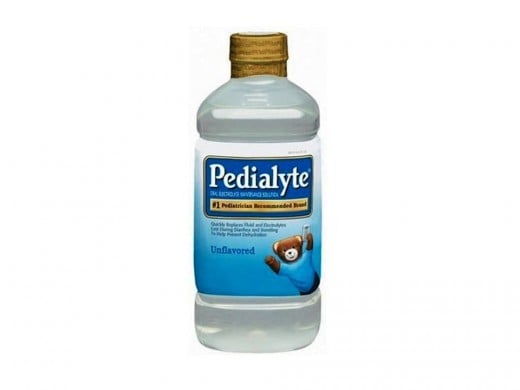
Signs of dehydration include:
- Increased Thirst
- Loss of Appetite
- Dizziness or Light headedness
- Dry Lips, eyes and mouth
- Slightly Sunken Eyes
- Darker Yellow Urine
- Infrequent Urination (less than 3 to 4 times in 24 hrs)
- Exhaustion
Treatment Regimen
There is no direct specific medical treatment against the virus causing Viral Gastroenteritis. What is normally done is to boost the patient’s immune system to naturally overcome the ailment. Appropriate rehydration is also obligatory to prevent serious illnesses associated with dehydration.
Below is a guide in treating a child with viral gastroenteritis
1. Manage intake of food and drinks. At the onset of stomach flu symptoms do not feed the child for about 4 hrs to let the stomach settle. Food and drinks intake will only induce more vomiting if the stomach is not allowed to rest. Reintroduce food gradually and choose bland and easy-to-digest food like soda crackers, toast, banana, rice, apple and gelatin. Avoid fatty and spicy foods. If nausea returns, stop eating again. Milk and milk products should be avoided because it is possible to develop temporary intolerance to lactose. Viral infection may deplete the natural supply of lactase resulting to inability to digest lactose over a period of time. If temporary lactose intolerance is observed, you may shift to lactose-free milk formula and extend it for two weeks to ensure natural lactase supply is restored. Caffeinated beverages should be avoided because caffeine has a laxative effect and may worsen the symptoms. Fruit juice on the other hand will irritate the upset stomach and too much of it may even worsen diarrhea.
2. Replenish fluid loss- A vomiting person gets dehydrated and a dehydrated person tends to vomit more. The challenge now is to break this vicious cycle. Oral rehydration salts, tablets and solutions (Hydrite, Pedialyte, Ceralyte, etc.) are always the best option. For minimal to mild dehydration, noncarbonated sports drink like Gatorade can be given especially when the child cannot tolerate the taste of Hydrite. Flavored water with vitamins and minerals by Gatorade may help strengthen immune system and replenish electrolytes. Let the child drink in frequent small amounts. Letting the child sip small amounts of clear soup (chicken or vegetable broth) may also help in rehydration. If oral rehydration at home fails and dehydration signs worsen, bring the child to the hospital for immediate medical attention. An intravenous fluid (Balanced Multiple Maintenance Solution) will be administered to the child.
3. Zinc Sulfate Monohydrate- Supplement with a daily dose of Zinc Sulfate Monohydrate to help the body’s natural defense against damaging free radicals and help boost immune function. This is an over-the-counter food supplement.
4. Ensure Plenty of Rest- the illness and dehydration make a person tired and weak and resting will help restore the energy.
5. Probiotics- Doctors recommend the intake of Probiotics at the onset of viral gastroenteritis symptoms. It is not yet scientifically proven if probiotics have a direct action against the virus but a report from the American Academy of Pediatrics states that giving probiotics early in the course may reduce the duration of diarrhea by 1 day. An example of a probiotic is Erceflora- an oral suspension of Bacillus clausii spores, taken twice a day. Yakult, a popular probiotic is actually a fermented dairy drink containing cultures of Lactobacillus casei Shirota. If lactose intolerance (temporary or not) is manifest by the child, do not offer Yakult.
Please share this hub to friends to spread the information about the second most common illness in the United States after respiratory tract infection and one of the most common infectious diseases worldwide.
By the way, both of our kids are doing well now and our son even managed to overcome the illness right at the comfort of our home following the treatment regimen above.




